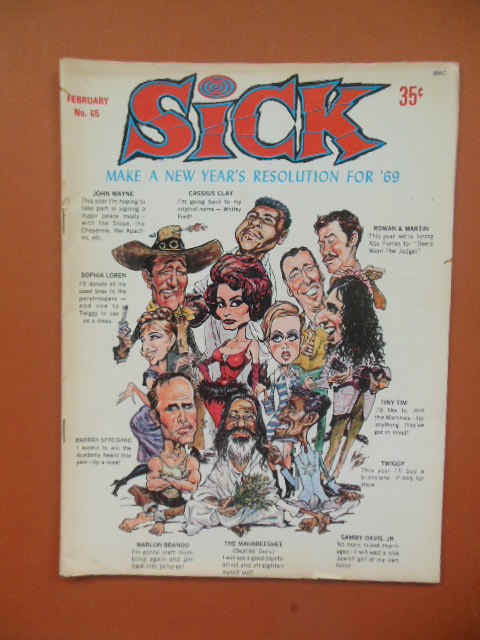

As a matter of fact, I think the - one of the sections of "To Have And Have Not" had been published in Cosmopolitan. Hemingway had written for the magazine before. But at that point, Cosmopolitan was a literary magazine before Helen Gurley Brown got hold of it and turned it into a sex-for-the-single-girl magazine. HOTCHNER: Well, I mean, that was such an asinine assignment. You say you felt like a horse's ass going down to make him that offer. GROSS: You were sent down by Cosmopolitan Magazine to Hemingway's home in Cuba to invite him to write a piece for the magazine about the future of literature. GROSS: Let's talk about how you first met. Contention that the court of appeals threw out in a hurry. She said, you know, when a writer talks, his words are his, and so even his verbal words spoken out into the air are copyrighted. She said that my use of dialogue in which I quote Hemingway talking to me in the book - I recreated some of what we said to each other. And then she had another very peculiar original thought about what belongs to a writer. HOTCHNER: So why? And that was really the genesis of the lawsuit. GROSS: Oh, he had a whole creed about honesty in writing. That's just such a travesty that this man, who was such a great hunter - why would he be cleaning his gun the beginning of July? And he who was a stickler for protocol - how could he possibly leave the cartridges in the chamber? She frankly said, if you will remove the last three chapters, I'll withdraw the lawsuit.

And accidentally, he had committed this terrible act. It was Mary's story at that time of the event of that morning - that terrible morning when his head was blown off - that he had been cleaning his rifle and that he had forgotten that the chamber was loaded.

Her objection was, fundamentally, that the last chapters of the book dealt with his decline in the last couple of years of his life mentally and physically and how it affected his will to live and resulted in the fact that two or three times, he attempted suicide and finally succeeded in it. HOTCHNER: Well, she tried to get an injunction against it. GROSS: Now, you explain in your new edition that Mary, who was Hemingway's fourth and last wife, tried to stop publication of your memoir back in the mid-'60s. Five years later, Hotchner wrote his memoir, "Papa Hemingway." When we spoke, a new edition of the book had just been published with a new preface and new information that Hotchner felt uncomfortable revealing while Hemingway's widow Mary was still alive. Hotchner and Hemingway remained friends until Hemingway's suicide in 1961. With Hemingway's blessing, Hotchner went on to adapt several Hemingway works for CBS TV, including "The Snows Of Kilimanjaro" and "For Whom The Bell Tolls." The two men first met in a professional capacity in 1948, when Hotchner was sent to Cuba by Cosmopolitan Magazine to ask Hemingway to write a piece about the future of literature. Hotchner's memoir about his boyhood, "King Of The Hill," was adapted into a 1993 film by Steven Soderbergh.Īs Hotchner wrote, the name Hemingway conjures up a man of courage and daring both in his writing and in his way of life, and those traits made an impact on Hotchner. Hotchner was also a friend and neighbor of Paul Newman and cofounded Newman's food company, Newman's Own. We're going to listen back to the interview I recorded with him about Hemingway, which we first broadcast on the centennial of Hemingway's birth - July 21, 1999. Hotchner died Saturday at the age of 102. Hotchner was probably best known for his memoir "Papa Hemingway" about his friendship with Ernest Hemingway.


 0 kommentar(er)
0 kommentar(er)
